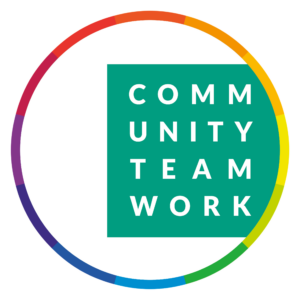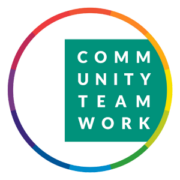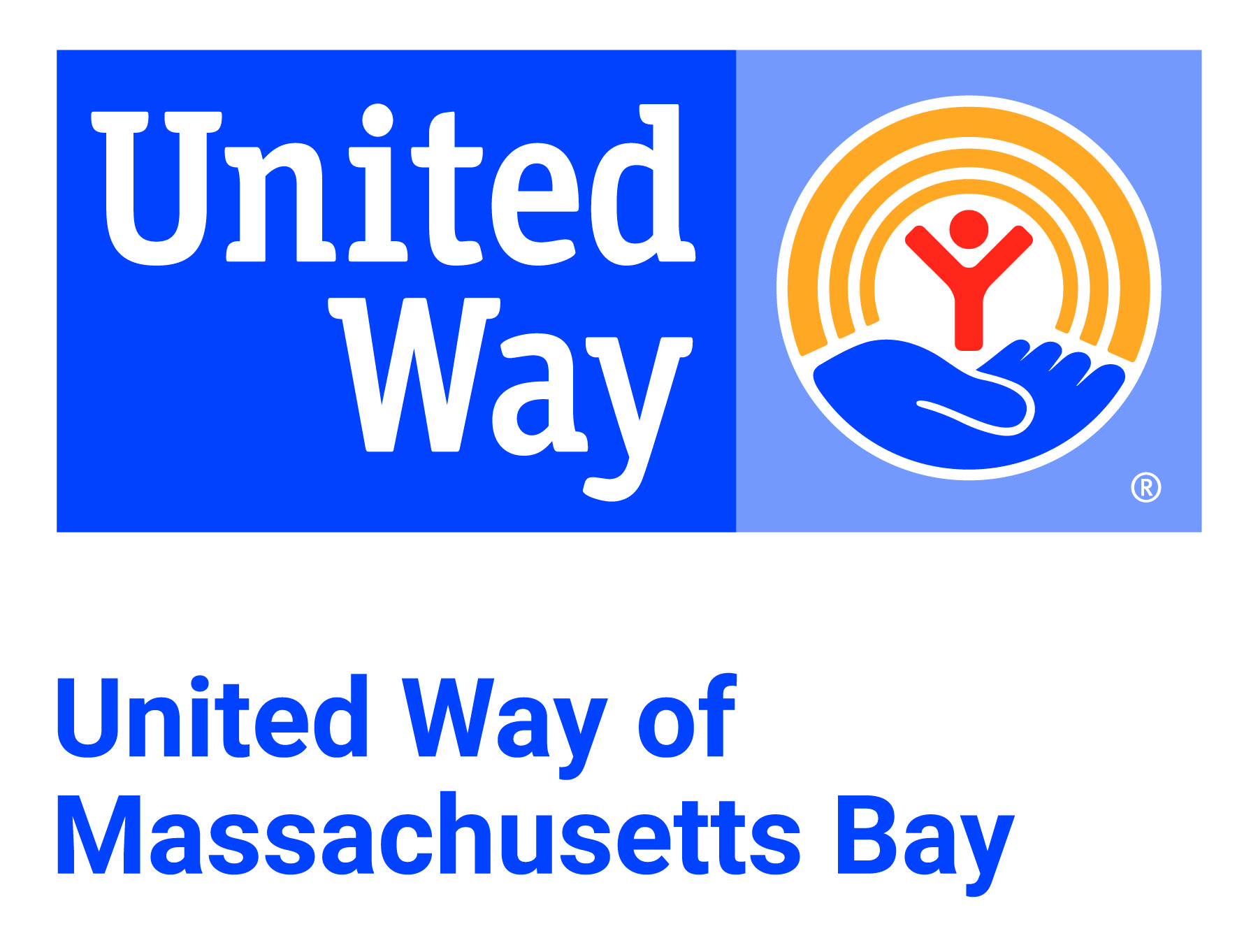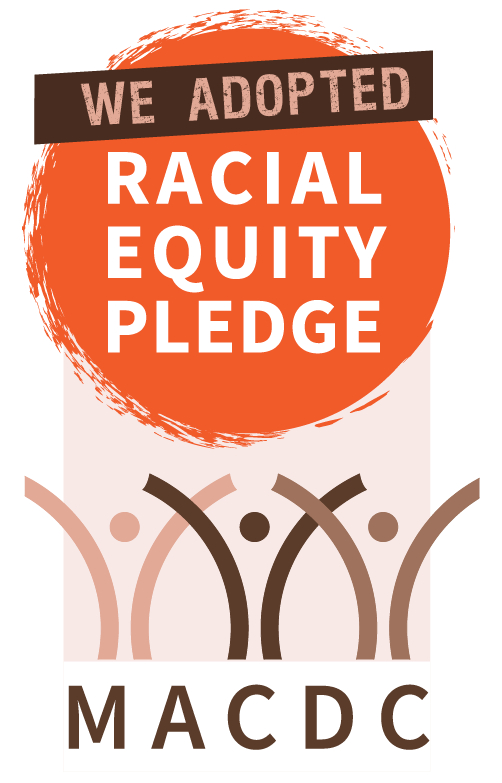Furthering fair housing means taking deliberate and meaningful action to achieve equality in housing. The Fair Housing Act was passed to address comprehensive and systematic discriminatory housing policies that promoted and perpetuated segregated communities. Housing inequities and segregated communities persist to this day.
The Fair Housing Act is not just about prohibiting discrimination; it is also about taking action to provide fair housing choice. Housing choice includes realistic opportunities and actual choice.
In this section, you can learn more about what it means to further fair housing, why it helps everyone, available tools and support, and what CTI and the Fair Housing Program are doing to further fair housing.
Furthering Fair Housing Means
Furthering fair housing and Affirmatively Furthering Fair Housing (AFFH) originate with the understanding that deliberate and meaningful action is necessary to achieve equality in housing.
Furthering fair housing recognizes that Black/African Americans and other protected groups were purposefully excluded from housing opportunities. Exclusionary and discriminatory housing policies were promulgated at all levels and all branches of government. These policies and practices segregated neighborhoods and enabled and accelerated disparities in wealth and resources. Dismantling these remaining policies is important, but not sufficient.
Furthering fair housing means understanding how housing discrimination happens in our communities, understanding our current housing inequalities, assessing barriers to integration, and planning and setting goals to achieve fair housing.
Furthering fair housing is a national and local responsibility. While longstanding national practices played a large contributing role to our housing inequalities, some of the toughest work to overcome the lasting effects is left to our local communities.
The Furthering Fair Housing Mandate and Regulatory Framework
The Fair Housing Act is more than a prohibition against discrimination in housing. It also conveys the obligation to Affirmatively Further Fair Housing. Broadly, furthering fair housing means:
- Taking meaningful actions, in addition to combating discrimination, that overcome patterns of segregation and foster inclusive communities free from barriers that restrict access to opportunity based on protected characteristics. Specifically, affirmatively furthering fair housing means taking meaningful actions that, taken together, address significant disparities in housing needs and in access to opportunity, replacing segregated living patterns with truly integrated and balanced living patterns, transforming racially or ethnically concentrated areas of poverty into areas of opportunity, and fostering and maintaining compliance with civil rights and fair housing laws. The duty to affirmatively further fair housing extends to all of a program participant’s activities and programs relating to housing and urban development. 24 C.F.R. § 5.152
The regulatory requirements this mandate conveys have changed over time. Initially, recipients of grants from the U.S. Department of Housing and Urban Development (HUD) had to certify compliance with this mandate, but there was no systematic verification process until 2015. The 2015 AFFH rule required HUD grantees to analyze data on fair housing, identify fair housing issues, identify and prioritize factors that contribute to fair housing issues, set goals, and incorporate those goals into HUD-funded planning.
In 2020, these 2015 requirements were repealed under the Preserving Neighborhood and Community Choice (PCNC) rule without going through the regulatory notice and comment process. In 2021, an Interim Final Rule repealed the PCNC and restored certification of AFFH planning. The Interim Final Rule was designed to restore robust and meaningful AFFH implementation. The procedural requirements of the 2015 rule were not restored, but they remain useful as a guide for municipalities.
HUD Statement on new proposed rule
Interim Final Rule, Jun. 10, 2021
AFFH Proposed Rule, Feb. 9, 2023
Who Must Affirmatively Further Fair Housing
Generally, all recipients of federal housing and urban development funds must take steps to Affirmatively Further Fair Housing. This includes Public Housing Authorities receiving assistance under Sections 8 or 9 and those who file consolidated plans for HOME Investment Partnership Programs (HOME), Community Development Block Grant Programs (CDBG), Emergency Solutions Grant Programs (ESG), and/or Housing Opportunities for Persons with AIDS (HOPWA).
24 C.F.R. §5.152 (defining program participants)
AFFH and Affordable Housing
Affordable housing is not the same as Affirmatively Furthering Fair Housing. However, affordable housing is a valuable AFFH tool. Affordable housing is housing that does not cost more than 30% of monthly household income. For many households, affordable housing is impossible to achieve without support from a government assistance program like the Housing Choice Voucher, Massachusetts rental subsidies, or Low-Income Housing Tax Credit programs.
Affordable housing tools help communities further fair housing through increased housing choice and increased inclusiveness.
Furthering fair housing and affordable housing benefits everyone. Communities that encourage development of affordable housing make it easier for their public servants (firefighters, police, teachers), and service industry employees to live in the community they serve. Affordable housing policies can also promote environmental conservation and thriving communities and neighborhoods. These communities also become more welcoming to a diverse population.
AFFH and Inclusive Zoning Policies
Restrictive zoning policies are a major roadblock for developing affordable housing and furthering fair housing. Single-family zoning, large property set-backs, building height restrictions, off-street parking requirements, and other policies make housing development more expensive and limit multi-family affordable housing. Whether these policies were adopted neutrally or as an economic proxy to racially exclusionary practices, the effect is the same. Communities can encourage development of affordable housing and fair housing by relaxing, repealing, and replacing single-family zoning ordinances.
AFFH and Massachusetts Housing Policy
The Commonwealth of Massachusetts is actively promoting housing choice, housing equity, and furthering fair housing activities. Chapter 40B requires communities to apply flexible zoning rules to developers proposing projects with affordable housing when that community has insufficient affordable housing stock. Similarly, the MBTA Communities Law requires communities with MBTA stations to ensure the nearby areas are zoned for multi-family use more conducive to affordable housing.
Looking forward, Governor Healey unveiled the Affordable Home Act, a comprehensive and far-reaching bill that includes significant spending proposals, policy initiatives, and executive orders that increase affordable and inclusive housing choice. Highlights include a variety of different spending proposals to strengthen public housing, an Affordable Housing Trust Fund, and numerous other programs that increase affordable housing. Policy initiatives include accessory dwelling units (sometimes called in-law apartments) by right, inclusionary zoning by simple majority, eviction sealing, and establishing an Office of Fair Housing.













